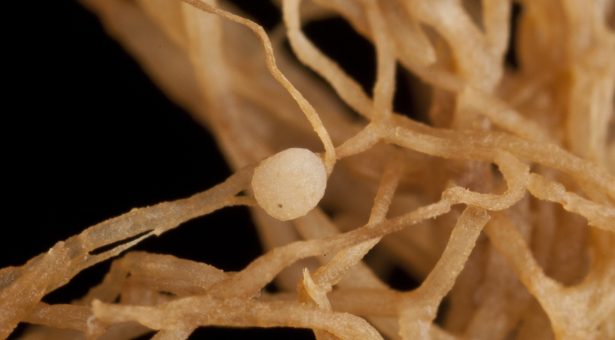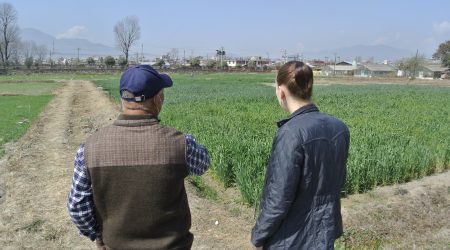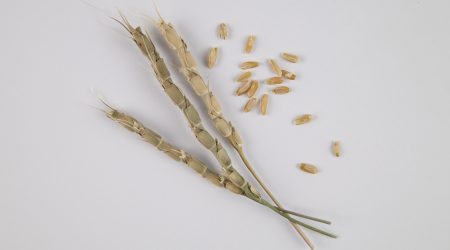How cells regulate ammonium uptake better understood

Nitrogen uptake and metabolism is essential for living cells.
The uptake mainly occurs through the most reduced form of nitrogen, ammonia.
When nitrogen is limited, ammonia uptake in bacteria, fungi and plants is facilitated by a family of membrane proteins known as the ammonium transport (Amt) family.
Work on this ubiquitous protein family has been pioneered by studies in the laboratory of Dr Mike Merrick in the Department of Molecular Microbiology at the John Innes Centre, using the bacterium Escherichia coli as a simple model system.
In collaboration with researchers at the University of Sheffield and the Paul Scherrer Institute in Switzerland, Dr Merrick’s group have now elucidated how bacteria control the entry of ammonia into cells.
They have determined the crystal structure of a complex between the ammonia channel AmtB and its regulatory protein GlnK. This marks a significant advance in understanding of the process of nitrogen regulation in prokaryotic cells.
These results were published in the journal: Proceedings of the National Academy of Sciences of the USA.



